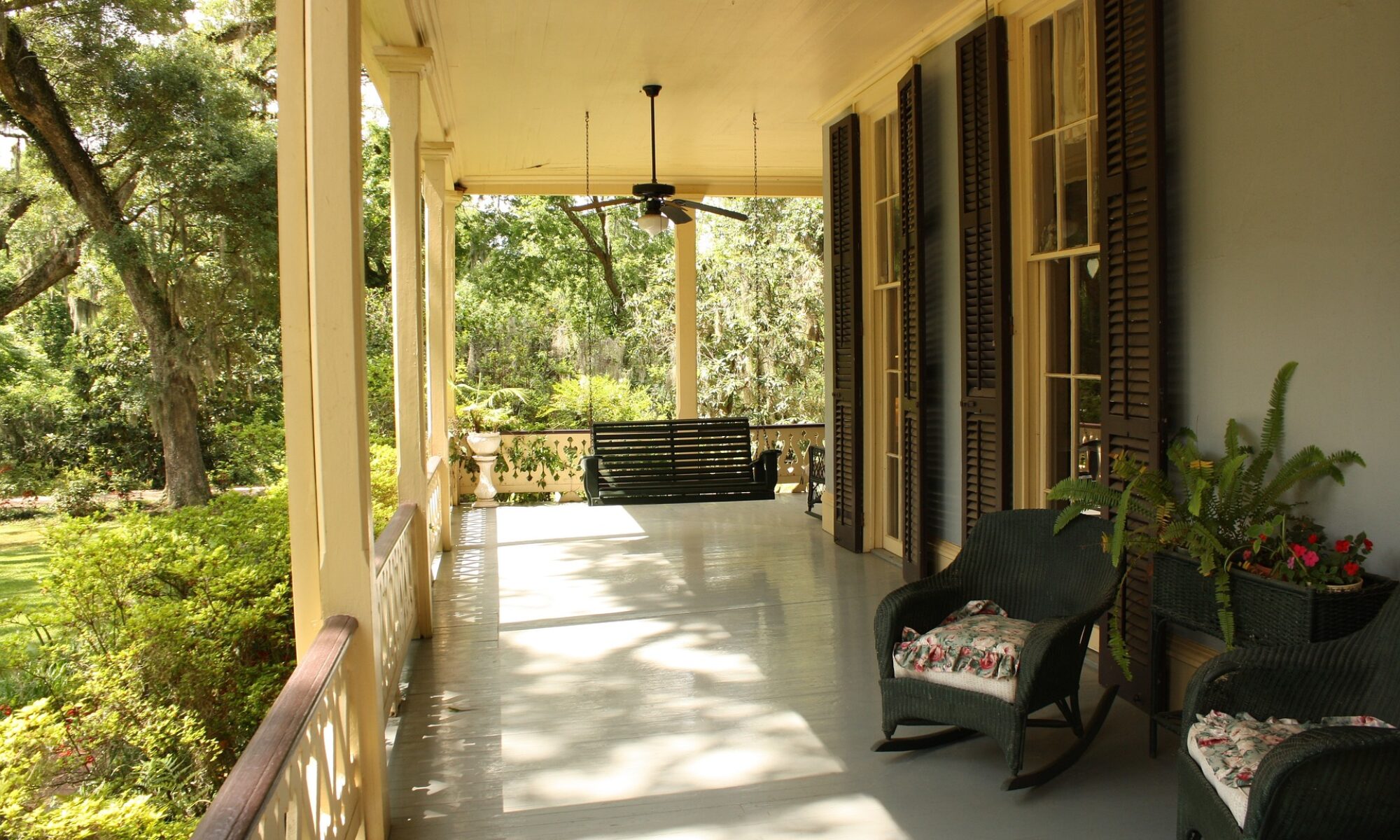
We have all had this experience: You and a friend decide to grab some food and catch up, but you canât agree on what sort of meal you should have. The food cart pods downtown, while varied and unquestionably delicious, get cold and wet in the winter. Neither of you have enough time to go to a sit down restaurant. The food court in the mall does not quite have the atmosphere that you are both looking for, either.
The idea of fast-casual dining, where quality food is served at a faster pace than traditional sit-down restaurants, is not a new one. This is especially true in a food-conscious city like Portland, which is likely why food halls have been gaining traction for the last year. Food hall vendors donât tend to have large menus, focusing instead on perfecting one or two dishes; yet having all of these vendors under the same roof makes for a remarkably diverse menu overall. Additionally, food halls often carry a shared liquor license, so that any alcohol can be carried and consumed between micro restaurants in the common dining space.
Insofar as investments go, food halls are not nearly as expensive or risky as opening an entire standalone restaurant. This gives small businesses (food carts, for example) more and better opportunities for expansion and exposure. Each micro restaurant front is designed with the ownerâs personal style and flair, something that makes for a multifaceted and exciting overall atmosphere that patrons enjoy being a part of.
Currently there are three food halls in Portland: Pine Street Market, Cart-Lab, and the Zipper. Soon there will also be the Portland Food Hall, and with the trend gaining so much momentum there will likely be more in the future. Having so many different cuisines accessible under the same roof means there is something for everyone in a food hall, which is probably the most genius thing about them.
